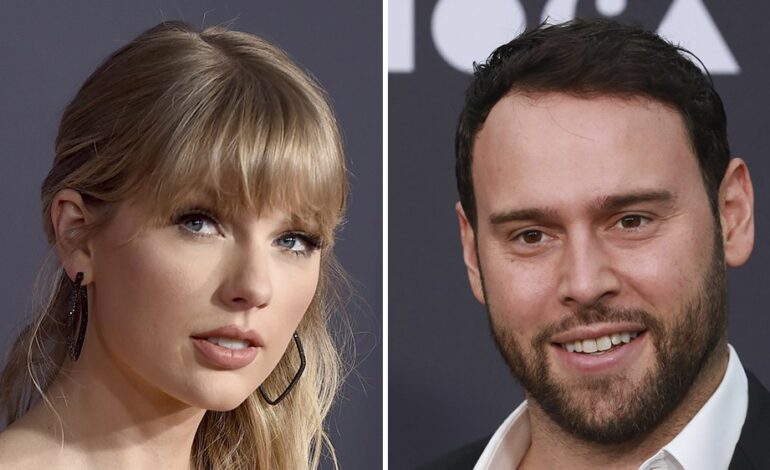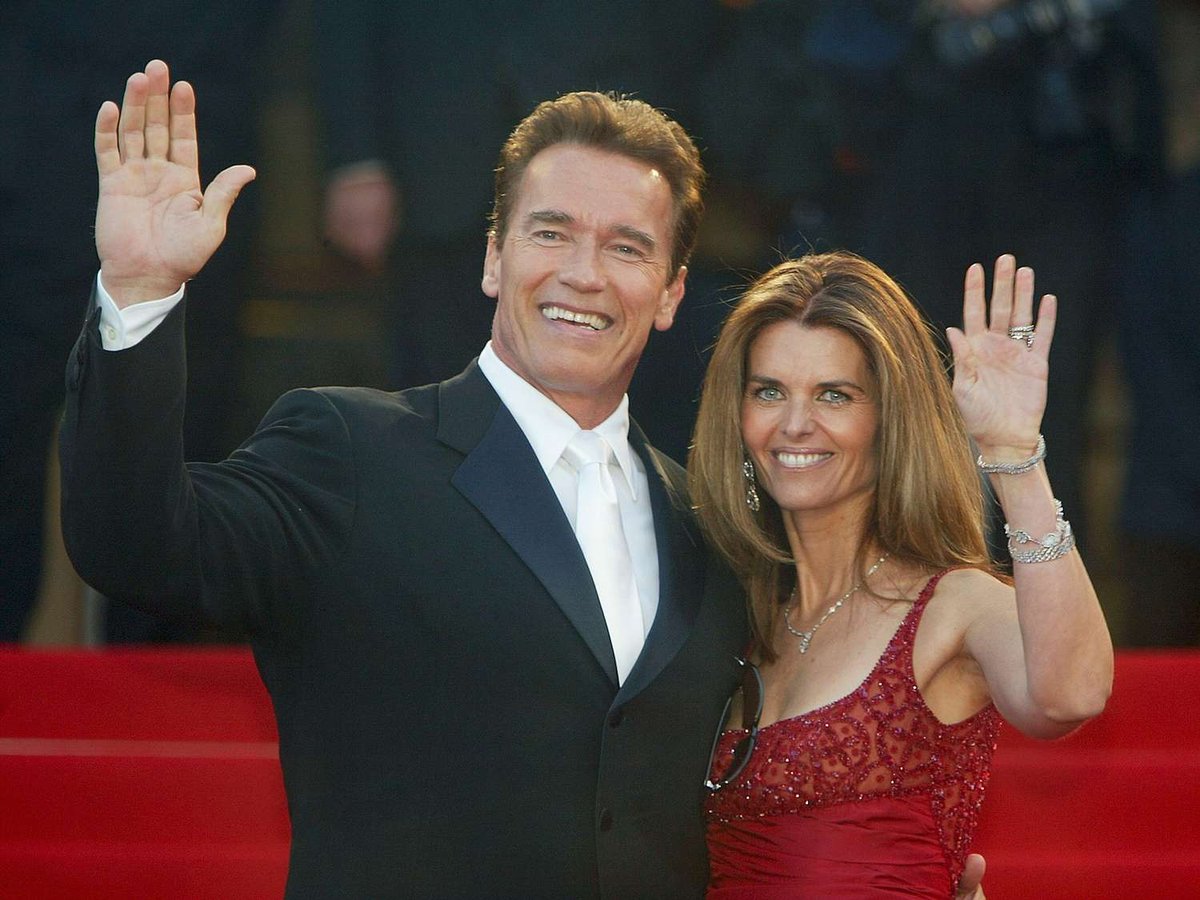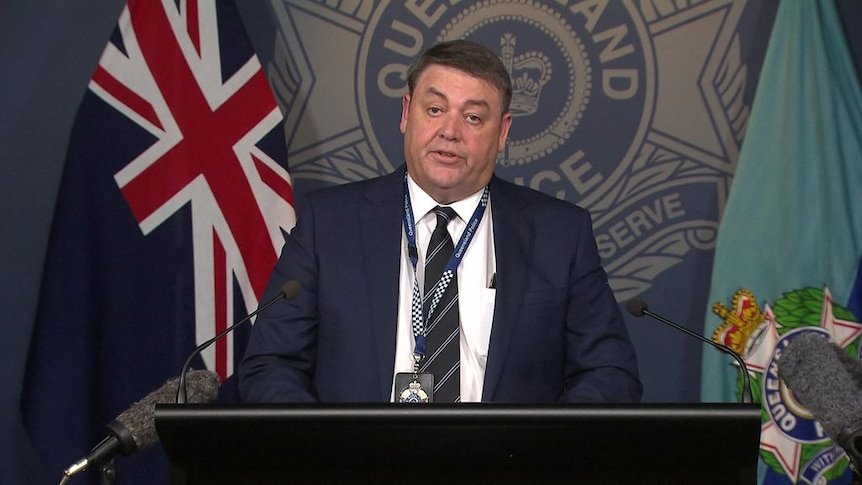Why Carole King Hails Taylor Swift’s Masters Reclaim Triumph

Let me walk you through this with slow, deliberate clarity: songwriting legend Carole King has publicly applauded Taylor Swift for her bold maneuver to regain ownership of her master recordings. If you think this is just another celebrity shout-out, think again—this nod from a Hall of Famer carries serious weight in the music world.
Taylor Swift’s saga with her masters began back in 2019 when her original recordings from 2006 to 2017 wound up in the hands of Scooter Braun’s Ithaca Holdings after his acquisition of Big Machine Label Group. Swift vowed to re-record those six albums to wrest control back—a move she dubbed “Taylor’s Version.” Fast forward to June 2023, and she’s ticked off the final box, having reissued all her early LPs, from the self-titled debut to Reputation (People Magazine, June 2023).
Enter Carole King, whose groundbreaking 1971 album Tapestry established her as a songwriting powerhouse. On her official Instagram account, King celebrated Swift’s feat, writing, “Your unwavering determination and artistry continue to inspire a generation. Congratulations on reclaiming your masters—your legacy is stronger for it” (People Magazine). That praise isn’t mere flattery: it’s a passing of the torch from one trailblazing woman to another.
King’s endorsement underscores two key takeaways. First, artist autonomy matters. By re-recording and re-leasing her early work, Swift set a powerful precedent, sending a clear message about intellectual property rights in an industry that often sidelines creators. Second, songwriting lineage connects across eras. Swift has frequently cited King as a template for personal, confessional lyrics—so it’s fitting that King now champions Swift’s fight for creative ownership (Dotdash Meredith).
Let’s not gloss over the numbers: the re-recorded albums have collectively racked up billions of streams, proving that fans are on Swift’s side. More importantly, each “Taylor’s Version” iteration funnels revenue directly to Swift, bypassing the old masters entirely. That’s not small change; it’s a seismic shift in how modern artists can reclaim value.
Beyond the chart stats, Carole King’s salute is a symbolic moment. It suggests a growing solidarity within the songwriting community, one that could spark broader reform in label-artist contracts. If emerging talents see Swift’s blueprint endorsed by a legend like King, expect more musicians to negotiate harder—or even walk away—from unfair deals.
So there you have it: Carole King’s cameo in Taylor Swift’s masterful saga isn’t just star-power synergy. It’s a watershed for artist rights, crowned by the very woman whose own catalog defined singer-songwriter standards. Hopefully that wasn’t too much for you to digest—now you finally understand!
Sources: Celebrity Storm and People Magazine
Dotdash Meredith
Attribution: Creative Commons Licensed




